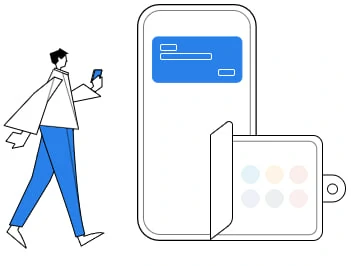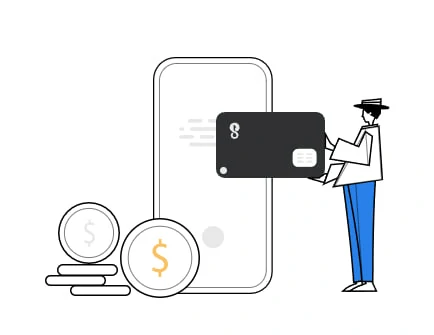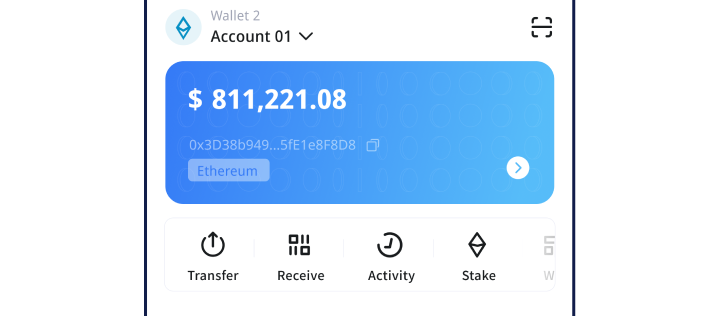# How to Add a Custom Token on Trust Wallet
Trust Wallet is a popular multi-cryptocurrency wallet that allows users to securely store, send, and receive cryptocurrencies and tokens. One of its key features is the ability to add custom tokens. Although Trust Wallet supports many assets out of the box, users often need to add tokens that are not listed in the standard interface, especially tokens from decentralized exchanges or newly launched projects. In this article, we’ll explore the step-by-step process of adding a custom token on Trust Wallet, along with an analysis of its implications and importance in the cryptocurrency ecosystem.
## Understanding Tokens and Wallets
### What Is a Token?
In the cryptocurrency space, tokens are a type of digital asset that exist on a blockchain. Unlike cryptocurrencies like Bitcoin or Ethereum, which have their own native blockchains, tokens often rely on established platforms (like Ethereum or Binance Smart Chain) for their functionality. Tokens can represent assets, access rights, or even participation in governance, making them versatile tools.
### The Role of Wallets in Digital Currency Management
Wallets serve as the intermediary for managing cryptocurrencies and tokens. Trust Wallet, a decentralized wallet, allows users to maintain full control of their private keys while providing a user-friendly interface to manage digital assets. A wallet merely holds your private keys—the real ownership and value lie in the cryptocurrency and tokens themselves.
## Prerequisites for Adding Custom Tokens
### Supporting Blockchain Standards
When adding a custom token, it’s crucial to ensure that the token adheres to common blockchain standards. Most tokens are built according to established standards such as ERC-20 on Ethereum and BEP-20 on Binance Smart Chain. Familiarity with these standards ensures compatibility with Trust Wallet.
### Understanding Token Details
To add a token, you must gather specific details such as the token contract address, token symbol, and decimal places. This information is essential for Trust Wallet to correctly recognize and display your custom token.

## Step-by-Step Guide to Adding Custom Tokens in Trust Wallet
### Step 1: Open Trust Wallet
To begin, locate the Trust Wallet application on your mobile device and open it. Ensure that you have a secure internet connection, as adding a token requires fetching data from the blockchain.
### Step 2: Access the “Add Tokens” Interface
From your wallet’s dashboard, scroll down or tap on the “Tokens” section. Look for the “Add Tokens” option, typically found at the top right of the screen.
### Step 3: Search for the Token or Add Custom Token
You can either search for the token directly in the search bar if it’s already available on Trust Wallet, or tap on “Add Custom Token” to proceed with the manual entry.
### Step 4: Select the Blockchain
Trust Wallet supports multiple blockchains, so choose the appropriate network (e.g., Ethereum, Binance Smart Chain) that matches the token you wish to add. This step is critical, as selecting the wrong network may lead to failed transactions.
### Step 5: Enter Token Information
Manually enter the token information:
– **Token Contract Address**: This is crucial and can usually be found on the project’s official website or blockchain explorer.
– **Token Name**: Enter the official name of the token.
– **Token Symbol**: Input the token’s symbol (e.g., ETH for Ether).
– **Decimals**: Specify how many decimal places the token can have (often found alongside other token details).
### Step 6: Save and Verify
After entering all the necessary details, tap the “Done” or “Save” option. Trust Wallet will now attempt to fetch the token details using the provided contract address. If everything is correct, you should see your custom token appear in your wallet.
## Importance of Adding Custom Tokens
### Increase Portfolio Diversity
Adding custom tokens enhances your ability to diversify your cryptocurrency portfolio. By participating in various projects, users can access new financial opportunities and leverage emerging trends in the market.
### Enables Participation in Emerging Projects
Many decentralized projects rely on community support to succeed. By adding custom tokens, users contribute to these projects’ ecosystems, fostering decentralized finance (DeFi) applications, governance tokens, and innovations that shape the crypto landscape.
### Empower Decentralized Finance (DeFi)
Trust Wallet supports numerous DeFi applications. Users adding custom tokens can engage in decentralized exchanges, yield farming, and other financial activities that are integral to the growth of the DeFi industry.
## Risks and Considerations
### Token Scams
In the competitive and rapidly evolving cryptocurrency landscape, scams and fraudulent tokens are prevalent. Always verify the legitimacy of a token before adding it to your wallet. Tokens with high returns but no substantial backing often indicate potential scams.
### Contract Address Errors
Entering the wrong contract address can result in discrepancies in transaction amounts or even a total loss of your tokens if they are sent to an incorrect wallet. Always double-check the token’s contract address from reliable sources.
### Lack of Support
Custom tokens are not guaranteed to have support or liquidity. If a token becomes illiquid or fails, users may find it challenging to sell or trade their holdings, underscoring the importance of conducting proper research before investing.
## Conclusion
Adding custom tokens on Trust Wallet is a straightforward process that enhances the functionality of your digital asset management. By understanding the steps involved, the significance of token details, and the potential risks, users can broaden their cryptocurrency engagement responsibly. Whether for investment, participation in newly launched projects, or contributions to decentralized finance, adding custom tokens helps shape a vibrant and diverse cryptocurrency landscape.
In the rapidly evolving cryptocurrency ecosystem, being informed and cautious is essential. Through Trust Wallet and its ability to support custom tokens, users equip themselves with the power to navigate the complexities of digital assets while maintaining control and security.







